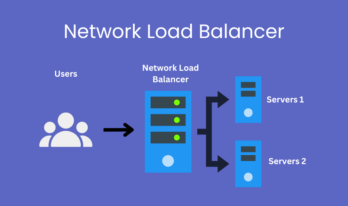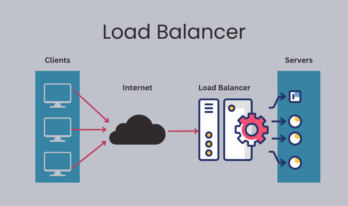AI is taking over the world and replacing traditional practices! Can we say this confidently? Well, not in every scenario. Moreover, the world of artificial intelligence has become one of the key players in revolutionizing different sectors such as healthcare, education, finance, construction, manufacturing, and more. There’s a great synergy between Artificial Intelligence (AI) and manufacturing. Besides, with the growing demands, manufacturers are turning towards AI.
According to reports, the global AI manufacturing market was valued at $3.2 billion in 2023 and is anticipated to grow to $20.8 billion by 2028. This article aims to explain the critical role of AI in manufacturing, along with its applications, impact, challenges, and more.
What’s AI in Manufacturing?
AI in manufacturing in simple terms is the use of artificial intelligence in the manufacturing industry. This helps to boost efficiency, improve the product quality, and perform critical and heavy tasks with ease. AI in manufacturing covers a range of benefits for manufacturers, as it also allows them to make data-driven decisions quickly, foster innovation, and lead to less material wastage.
One of the significant parts is AI and manufacturing go together, as humans and machines collaborate in industrial environments. Thus, the concept of AI technology is beyond just using robots to perform certain tasks. That stated machines and humans work together, enabling better predictions and data-driven decisions at each step of the process.
Steps of How AI is Used in the Manufacturing
Following are the steps to how AI is used in the manufacturing industry.
- The first phase is to teach AI to fulfill a task by watching how humans do it. If it’s completed, it will not only help progress. Gradually, by learning and with enough practice, AI will learn and perform all the tasks on its own without any consent.
- The next step is crowdsourcing. Here you can gather data from the public and train an AI. It can accomplish this quickly and then compare the results to anything else.
- Now comes the last step, where the supervision of AI is possible with the help of unsupervised learning. Meaning that it can gain knowledge without telling to do so.

Explaining the Role of AI in Manufacturing
The role of AI in manufacturing is pivotal. Let’s discuss the pointers below:
Improvement in Overall Process
AI helps dramatically improve the manufacturing process. It eases all the heavy-lifting work, streamlines tasks and minimizes errors. Further, by using AI software organizations can increase their productivity levels by optimizing the processes.
Quality Control
Quality control is the most important aspect of manufacturing. It ensures the product meets all the specifications and standards. The integration of AI helps in transforming the quality control processes. Machine learning algorithms identifies patterns, analyzes data. This enables real-time monitoring and thereby detects flaws in the product.
Robotics and Automation
Robotics is a broad concept. Industrial robots are the key in automating tedious processes, monotonous operations or decreasing human errors. In any manufacturing industry, robots are used for lifting heavy objects, helping in timely production and aiding in business productivity. Thus, the role of AI in manufacturing is crucial.
New Product Development
In today’s competitive world, there is necessity for new products to keep with the ever-changing digital environment. The manufacturing industry has experienced significant growth with the evolution of AI. It has brought an innovative approach and streamlined processes to the way companies bring new products to the market.
Predictive Maintenance
Predictive maintenance is considered as one of the common applications of AI in manufacturing. By unleashing the full potential of AI to monitor and analyze data from machinery, manufacturers can find out the failures in the machineries to prevent any of the breakdowns. Meaning, they can ensure that the spare parts and resources are available if anything goes wrong.
Generative Design
We know generative AI is in great buzz. Generative design is like generative AI like Chat GPT, which creates text, and we will tell generative design products. With this, you just need to enter the parameters such as size of the materials, weight, what manufacturing methods will be used, how much the cost needs to be. Thereafter, the generative design algorithms acknowledge the instructions.
Wrapping It Up
Artificial intelligence in manufacturing is a vital change that has been a key player for opening new opportunities in the manufacturing industry. It streamlines the entire process and provides top-notch benefits such as predictive maintenance, quality control, and more. Moreover, there’s a shortage of the relevant skillset, so there is a need for training the AI engineers who can easily create applications using a range of intelligent agents. Thus, AI is used in every field, and manufacturing stands as the top. To read the benefits and learn more about such informative topics related to AI, check out our blog section.
Recommended For You:
The Best 5 Data Analytics Tools for 2024
Success Stories Businesses Thriving with Data Mining in Business Intelligence




